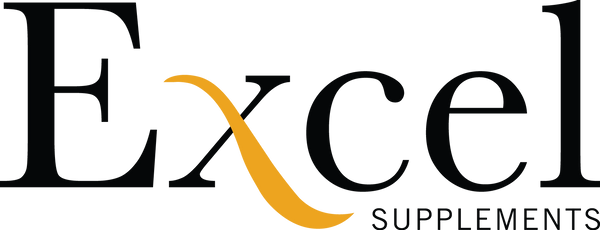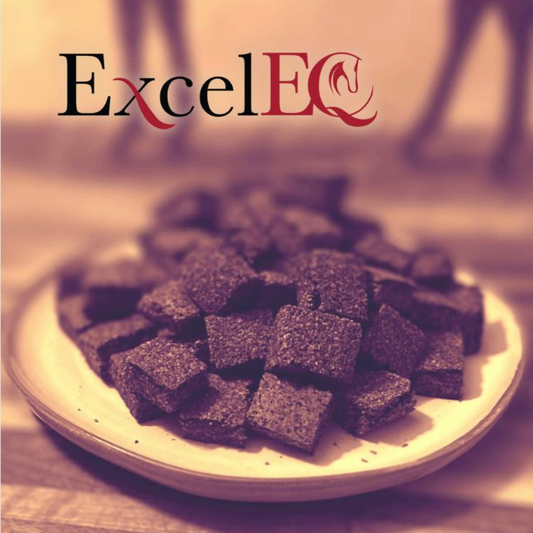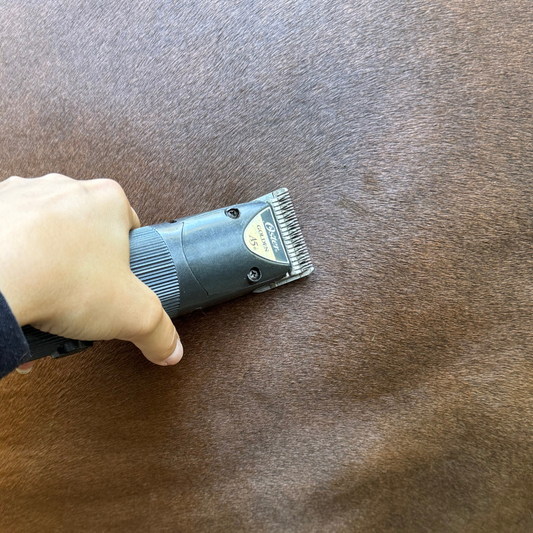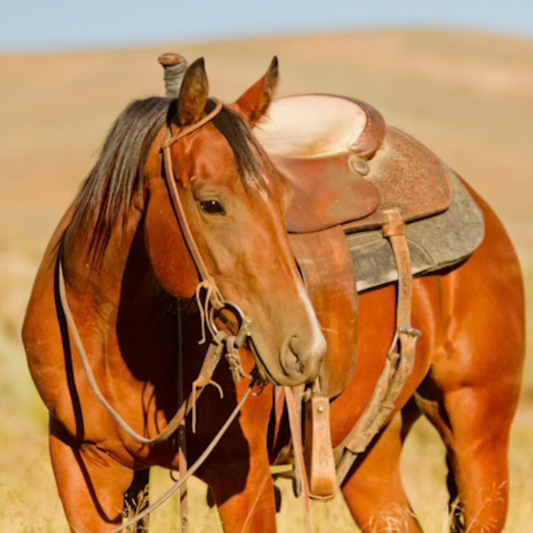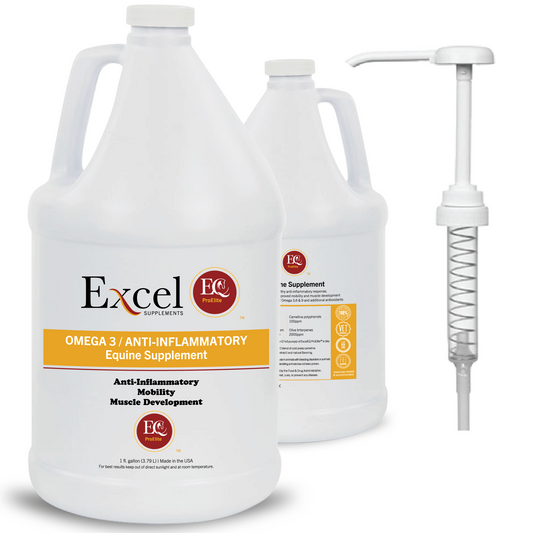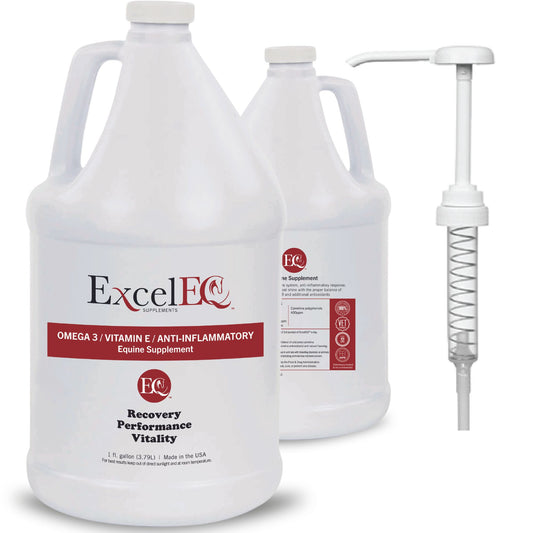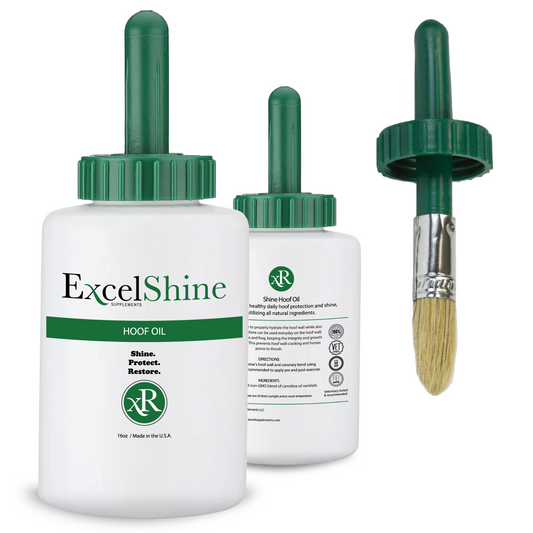The Power of Tendons in Your Horse’s Performance
Share
Tendons play a crucial role in the musculoskeletal system of horses. They are responsible for stretching and contracting, which helps to disperse the concussive forces that impact the skeletal system.
What Are Tendons?
Tendons are connective tissues that link muscles to bones. They are more elastic than ligaments, which allows them to effectively absorb and distribute the forces exerted during movement. This elasticity is vital for maintaining the horse's mobility and reducing the risk of injury.
Types of Tendons in Horses
- Flexor tendons (superficial and deep digital flexor tendons) that run down the back of the leg, critical for weight-bearing and propulsion.
- Extensor tendons that run down the front of the leg, helping extend the limb forward.
These tendons work together with ligaments and muscles to stabilize joints during motion.
Horse's Tendon Structure and Function
The Tendon Sheath
Tendons are encased in a protective covering known as the tendon sheath. This thick, fibrous layer contains synovial fluid that provides lubrication, allowing tendons to stretch and contract efficiently.
Composition of Tendons
Tendons are made mostly of Type I collagen fibers, tightly packed to provide strength with just enough elasticity for movement. Because they have limited blood supply compared to muscles, they heal slowly and are more prone to lasting damage if injured.
Function of Tendons in Movement
Beyond connecting muscle to bone, tendons act like springs. They stretch slightly with each stride to absorb impact, then release energy to help propel the horse forward. This efficiency reduces stress on bones and joints while supporting stamina and performance.
The Role of Horse's Tendons in Fitness
Conditioning for Tendon Health
Proper fitness and conditioning of your horse are essential for tendon health. Gradual conditioning is key—both slow and fast work should be incorporated into your training regimen. Tendons, like bone tissue, require a considerable amount of time to develop strength and elasticity.
Training Tips for Tendon Strength
Muscles often develop more quickly than tendons. Therefore, it's important to focus on conditioning both muscle and tendon strength. This may involve working your horse on various types of footing, such as soft versus concussive surfaces, to help tendons build strength and flexibility while muscles gain size and power.
Risks of Tendon Injury
When tendons are damaged, they can become less elastic and more susceptible to re-injury. Similar to ligaments, once a tendon is stressed or torn, it is at an increased risk of future injuries. Proper conditioning is crucial to minimize these risks and ensure your horse can perform its daily activities safely.
Nutritional Support for Tendon Health
While conditioning and careful management are essential, nutrition also plays a vital role in maintaining strong, resilient tendons. ExcelEQ ProElite provides an optimized balance of omega-3 fatty acids and natural vitamin E that help reduce inflammation, support elasticity, and promote recovery within the musculoskeletal system. Incorporating ExcelEQ ProElite into your horse’s program can complement conditioning efforts, helping tendons remain strong and flexible while reducing the risk of reinjury.
Conclusion
Understanding the role of tendons and implementing a careful conditioning program can significantly enhance your horse's performance and reduce the risk of injury. For detailed guidance on your horse's health and fitness, consult with a veterinarian.
For more information, please refer to the USHJA Trainer Certification Manual and Study Guide. In cases of serious concerns regarding your horse's health, contact your veterinarian immediately.
Sources:
